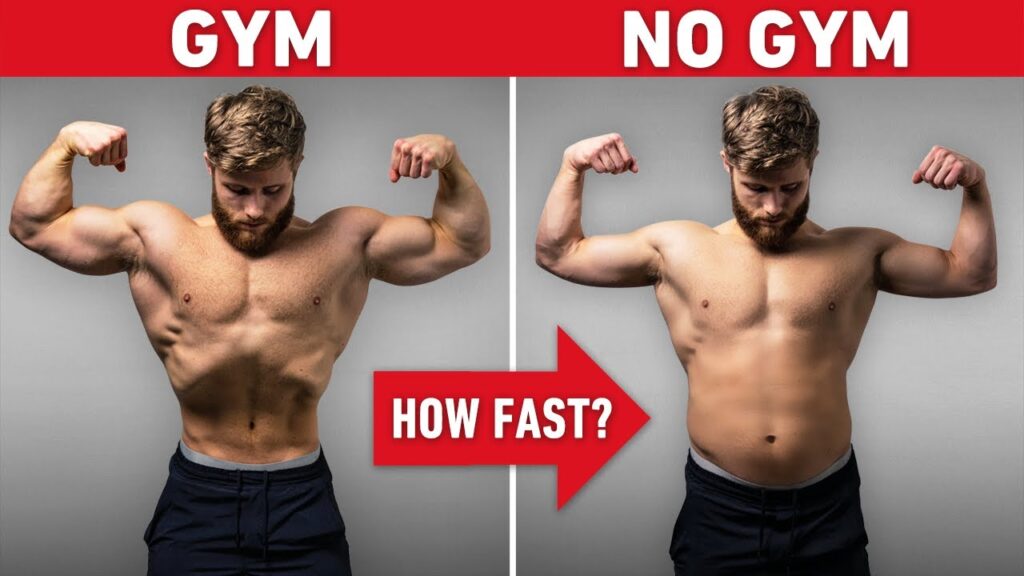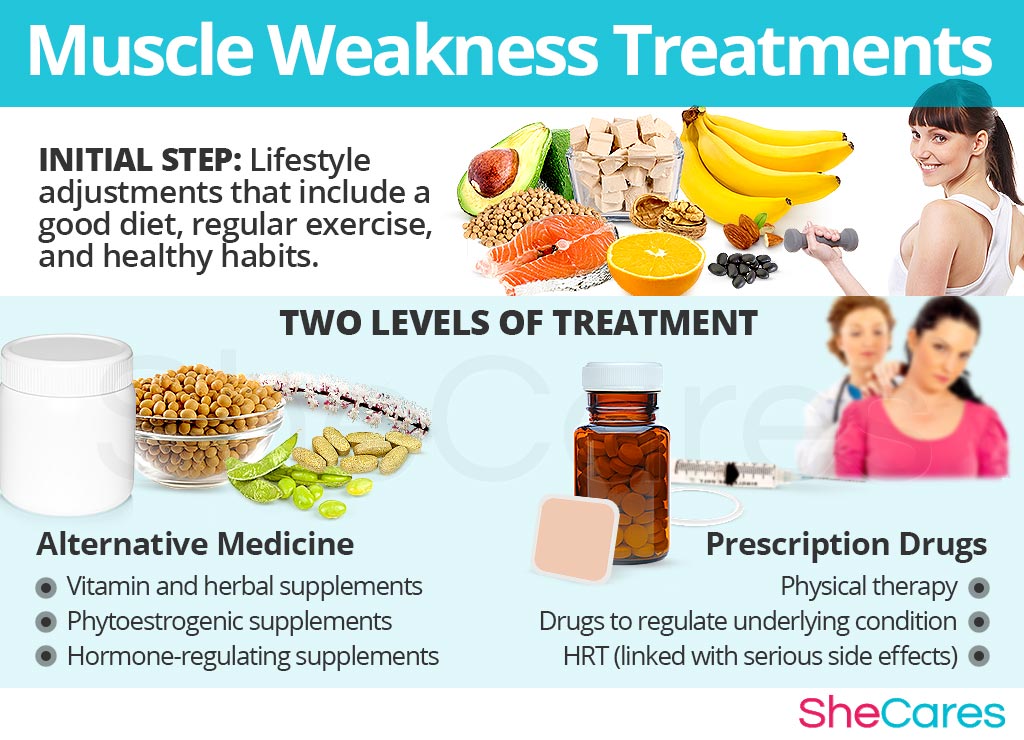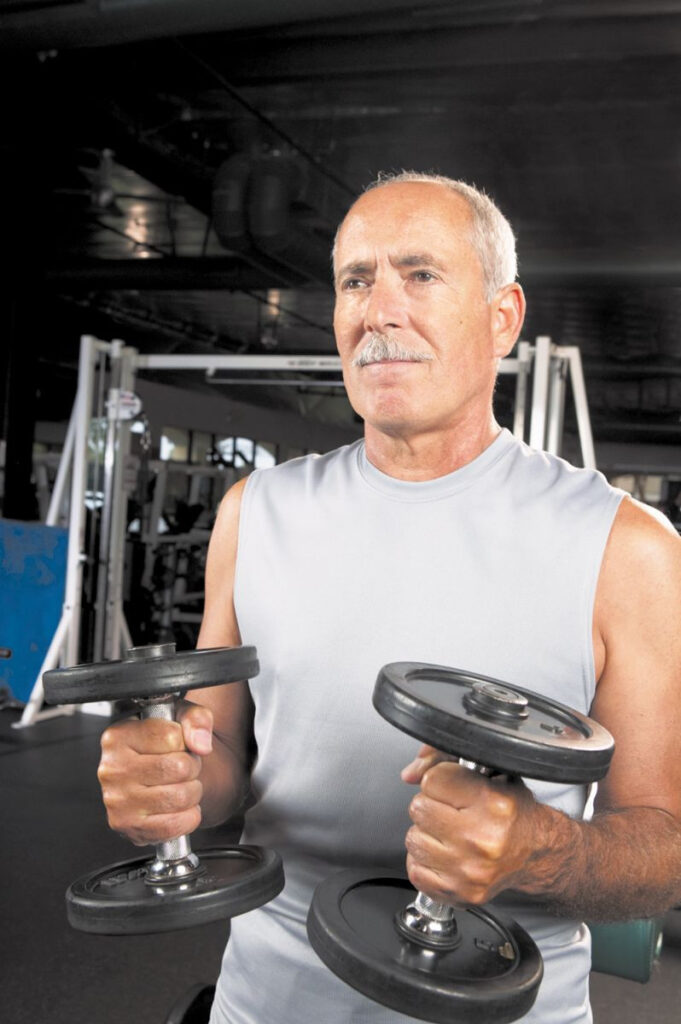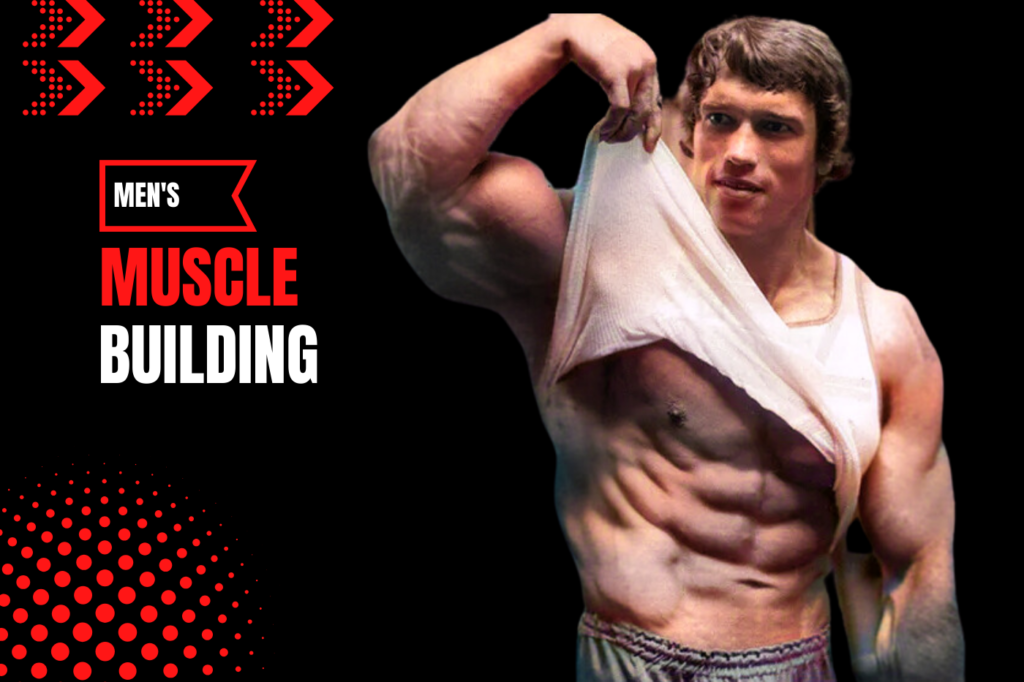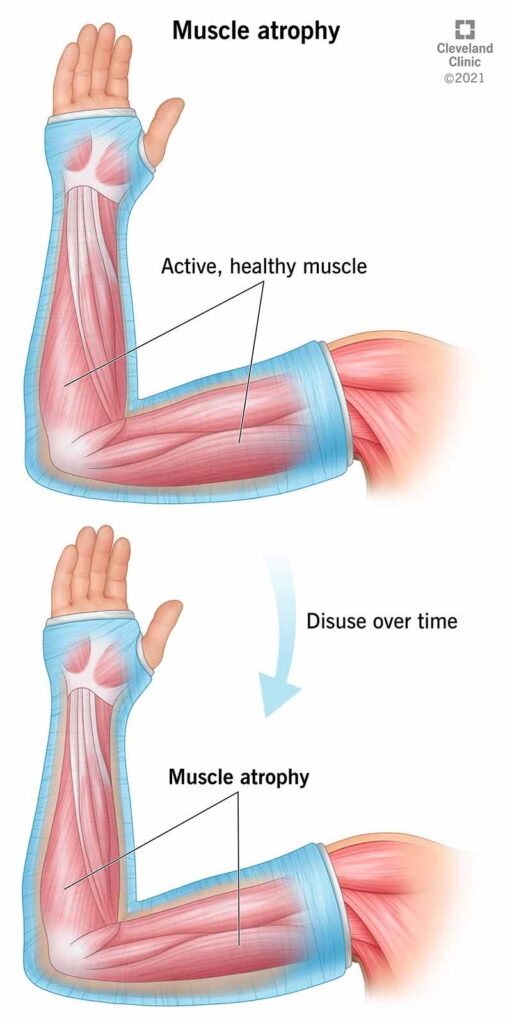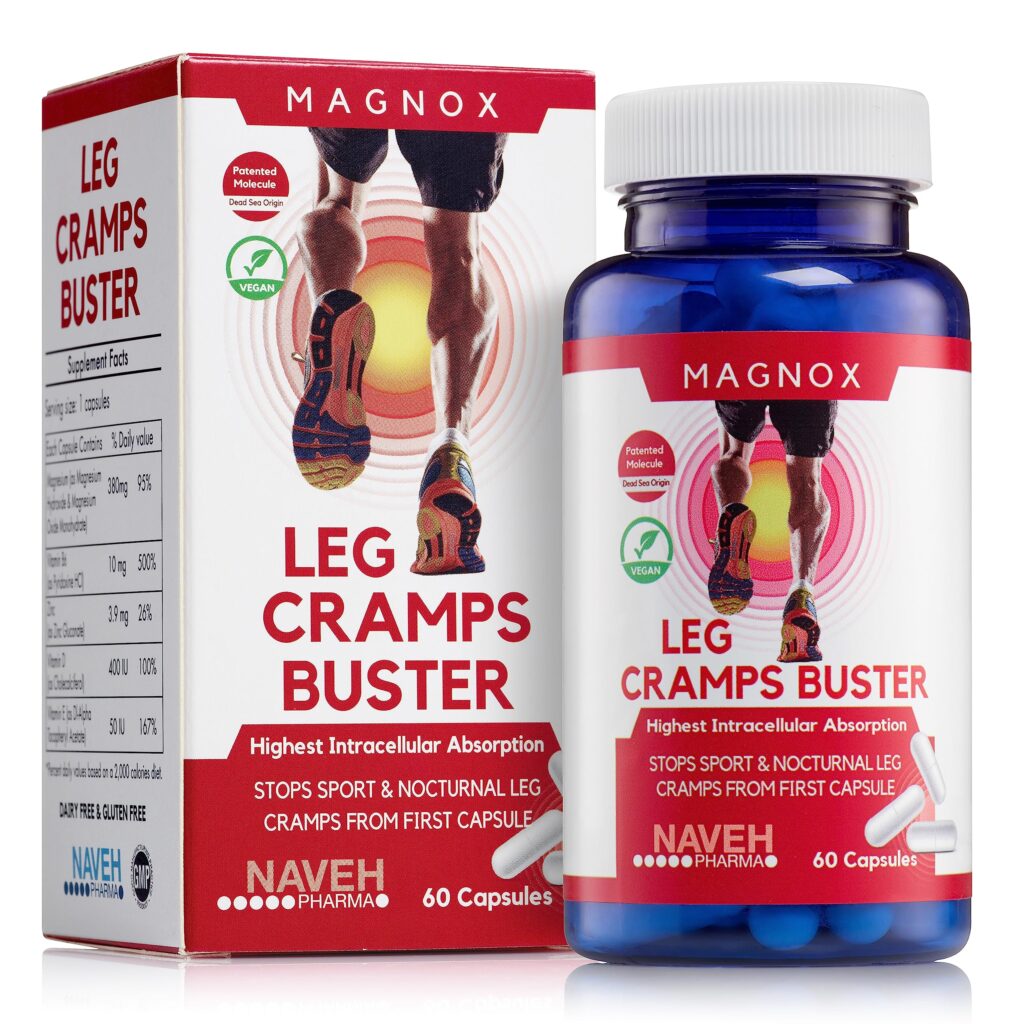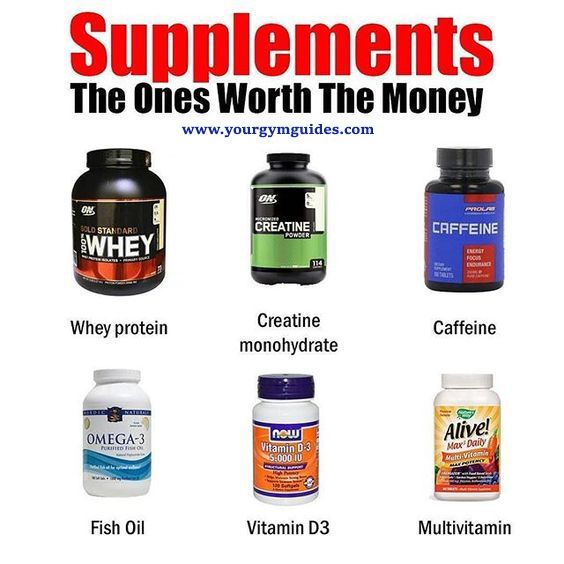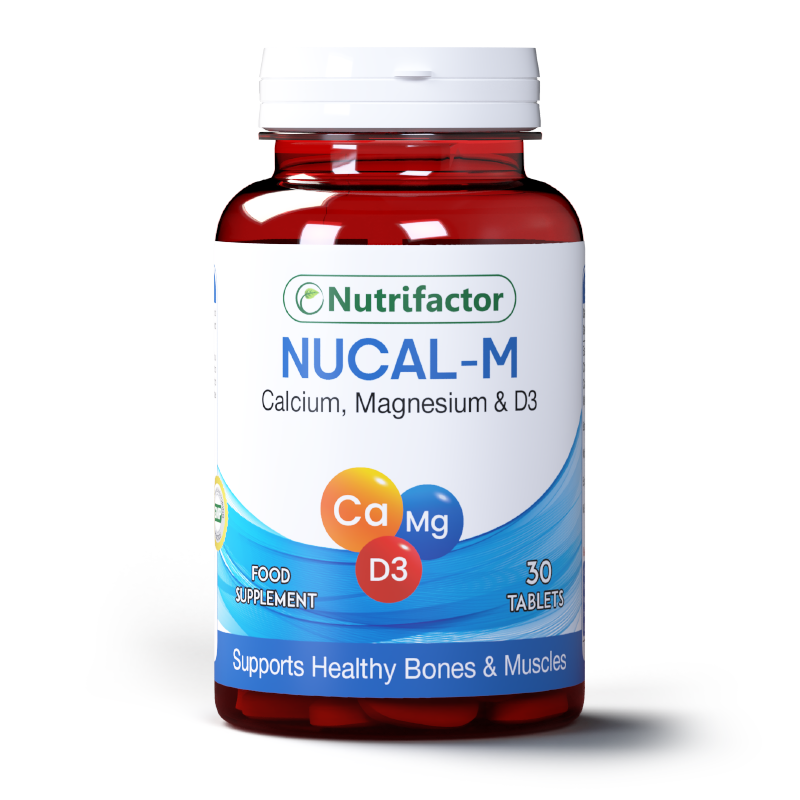**To combat muscle loss, incorporate strength training exercises and increase your protein intake. Consult a healthcare professional for personalized advice.
**Muscle loss can be concerning, especially as you age or face certain health conditions. Strength training exercises are crucial to maintaining and building muscle mass. Consuming a diet rich in protein supports muscle repair and growth. Adequate hydration and proper sleep also play significant roles in muscle health.
Avoiding prolonged inactivity can prevent further muscle deterioration. Consulting a healthcare professional ensures you receive tailored guidance. They can recommend specific exercises and dietary adjustments based on your individual needs. Taking these steps can help you regain and maintain muscle mass effectively.
Signs Of Muscle Loss
Weakness is one of the first signs. Muscles may feel soft and less firm. Clothes may start to fit loosely. You might struggle to lift things you used to lift easily. Frequent falls or balance issues can also occur. Skin may sag due to less muscle. Feeling tired even after small tasks is another sign.
Exercise routines may become harder. You might notice slower running times. Lifting weights feels more difficult. Endurance during activities may drop. Sports performance may decline. Daily chores like climbing stairs can become tough. Recovery time after workouts can increase.
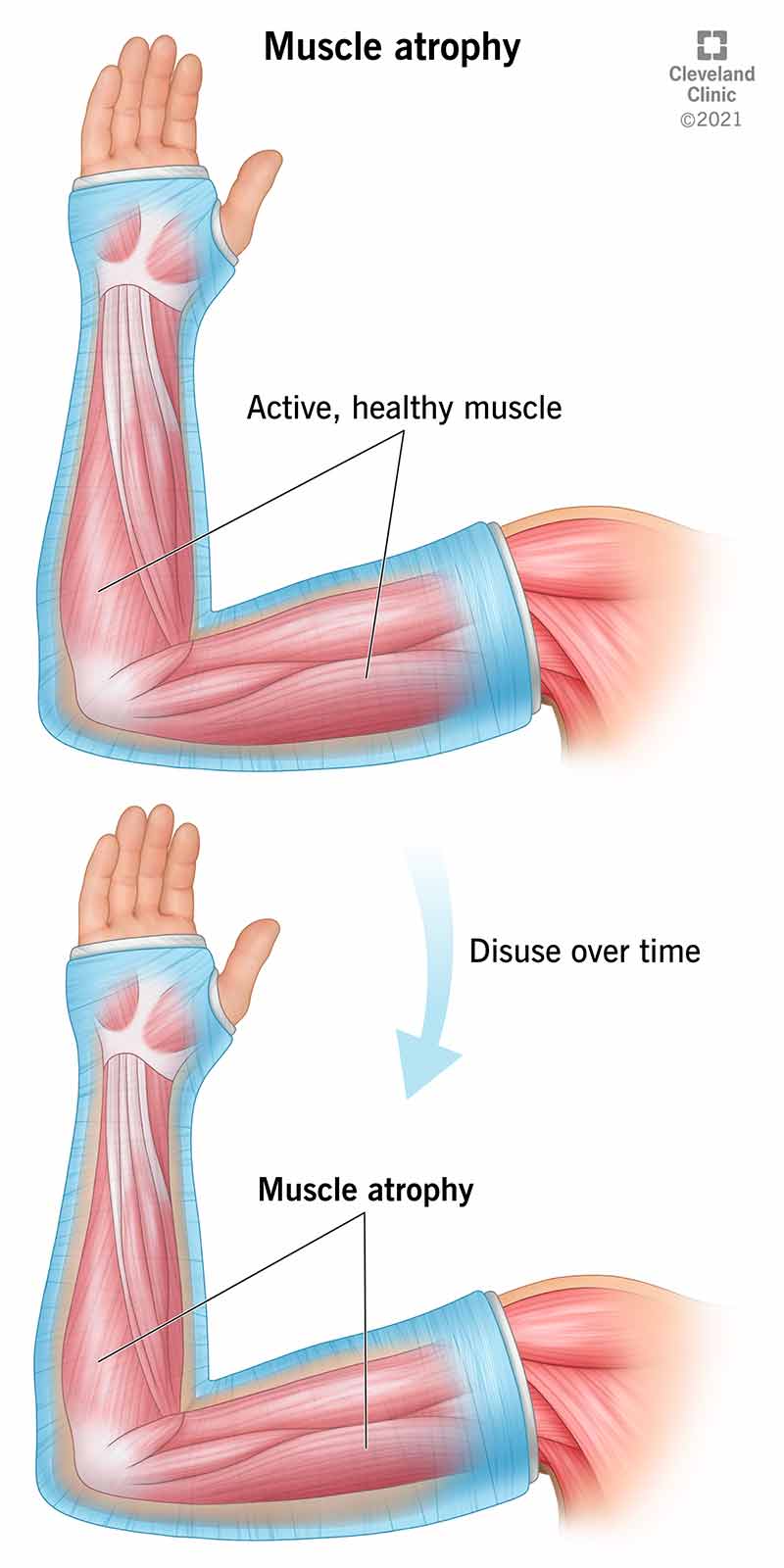
Credit: my.clevelandclinic.org
Common Causes
Poor diet, lack of exercise, and aging are common causes of muscle loss. Address these by eating protein-rich foods and engaging in strength training. Consult a healthcare professional for tailored advice.
Aging
Aging can cause muscle loss. Muscles get weaker with age. This is called sarcopenia. People over 30 may lose 3-5% of muscle mass each decade. Strength training can help reduce muscle loss. Eating protein-rich foods also helps. Stay active to keep muscles strong.
Nutritional Deficiencies
Not eating enough nutrients can lead to muscle loss. Muscles need protein to grow and stay strong. Vitamins and minerals are important too. A balanced diet is key. Foods like eggs, fish, and beans are good sources. Drink plenty of water as well.
Lack Of Exercise
Muscles shrink without exercise. Regular activity keeps them strong. Strength training is very effective. Activities like lifting weights or using resistance bands help. Even simple exercises like push-ups are useful. Aim to exercise at least three times a week. This helps maintain muscle mass.
Nutritional Strategies
Eating enough protein is very important. Muscles need protein to grow and stay strong. Good sources are chicken, fish, and beans. Drink a protein shake if you can’t eat enough protein.
A balanced diet helps keep muscles strong. Eat fruits, vegetables, and whole grains. Healthy fats like nuts and avocados are good too. Don’t skip meals; your muscles need regular fuel.
Supplements can help if food isn’t enough. Whey protein is a popular choice. Creatine can also help build muscle. Talk to a doctor before taking any supplements.
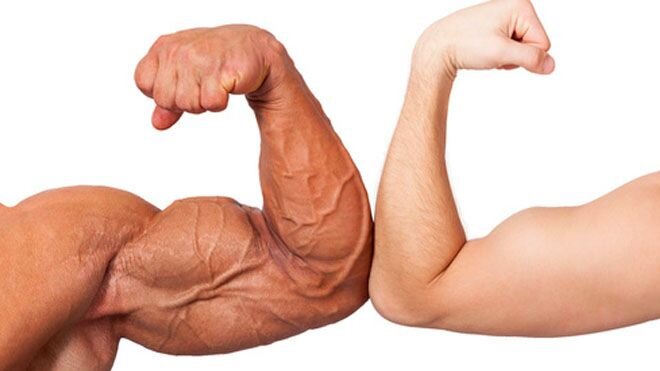
Credit: www.n1fitness.com
Effective Workouts
Resistance training helps build muscle. Use weights or resistance bands. Start with light weights. Increase the weight as you get stronger. Aim for 2-3 days a week. Work all major muscle groups. Include exercises like squats and push-ups.
Aerobic exercises improve heart health. They also help with muscle endurance. Try activities like walking, biking, or swimming. Aim for 150 minutes a week. Break it into shorter sessions if needed. Stay active to keep muscles strong.
Flexibility routines keep muscles limber. Stretch after workouts. Hold each stretch for 20-30 seconds. Do yoga or Pilates for more flexibility. Flexibility helps prevent injuries. It also improves overall muscle function.
Lifestyle Adjustments
Good sleep quality is very important. Your muscles repair while you sleep. Try to get at least 7-8 hours of sleep each night. Avoid using screens before bed. Create a relaxing bedtime routine to help you sleep better.
Stress can lead to muscle loss. Find ways to relax every day. Practice deep breathing or meditation. Spend time doing activities you love. Talk to friends or family if you feel stressed.
Staying hydrated helps your muscles stay healthy. Drink plenty of water each day. Aim for at least 8 glasses. Avoid sugary drinks and too much caffeine. Carry a water bottle with you to remind yourself to drink.
Monitoring Progress
Keeping track of muscle mass is important. Use a body composition scale to measure muscle and fat. Write down these measurements every week. Take photos to see changes in muscle size. This helps in seeing progress over time.
Keep a journal of your workouts and meals. Note down the weights you lift and the foods you eat. This helps in understanding what works best.
Visit a doctor for health check-ups. They can help in tracking muscle loss. Get a personal trainer to assess your workouts. They can provide tips to improve your routine.
Check your energy levels daily. Low energy can be a sign of muscle loss. Make sure to adjust your diet and exercise based on these checks.
Expert Recommendations
Always seek advice from a healthcare professional. They can find the root cause of muscle loss. A dietitian can help with a proper diet plan. A physical therapist can guide with safe exercises. This team approach ensures a balanced and effective strategy.
Each person needs a custom plan. A professional can tailor a plan based on your age, health, and goals. This plan may include strength training, nutrition adjustments, and rest periods. These steps help in regaining and maintaining muscle mass.

Credit: betterme.world
Long-term Maintenance
Building sustainable habits helps keep your muscles strong. Eat protein-rich foods like chicken, fish, and beans. Drink enough water every day. Regular exercise is key. Focus on both strength and cardio exercises. Rest and sleep well. Your muscles need time to recover.
Check your diet and exercise routine. Avoid skipping meals. Consult a doctor if you notice muscle loss. They can check for underlying issues. Consider supplements if recommended by a healthcare provider. Stay active and avoid a sedentary lifestyle. Encourage muscle growth with a balanced diet and exercise plan.
Frequently Asked Questions
Why Am I Losing Muscle Mass?
Muscle loss can occur due to aging, inactivity, or poor nutrition. Medical conditions like hormonal imbalances or chronic diseases can also contribute. Consulting a healthcare professional is advisable.
How Can I Prevent Muscle Loss?
To prevent muscle loss, engage in regular strength training exercises. Ensure a balanced diet rich in protein. Stay hydrated and get enough sleep. Consult a healthcare provider for personalized advice.
What Foods Help Retain Muscle Mass?
Protein-rich foods like lean meats, fish, eggs, and beans support muscle health. Include complex carbohydrates and healthy fats. Ensure adequate intake of vitamins and minerals. Consult a nutritionist for a tailored diet plan.
Can Stress Cause Muscle Loss?
Yes, chronic stress can lead to muscle loss. Stress hormones like cortisol break down muscle tissue. Managing stress through relaxation techniques and physical activity is crucial for muscle health.
Conclusion
Address muscle loss promptly to maintain health and strength. Follow the recommended strategies and consult a healthcare professional. Regular exercise, balanced nutrition, and adequate rest are key. Stay proactive and monitor progress. By taking these steps, you can combat muscle loss effectively and improve your overall well-being.

